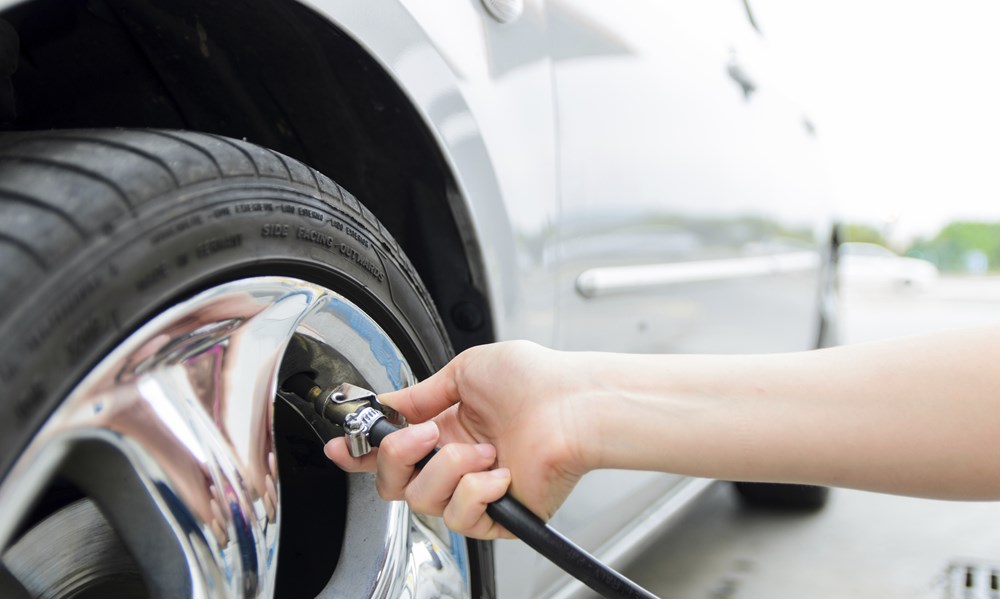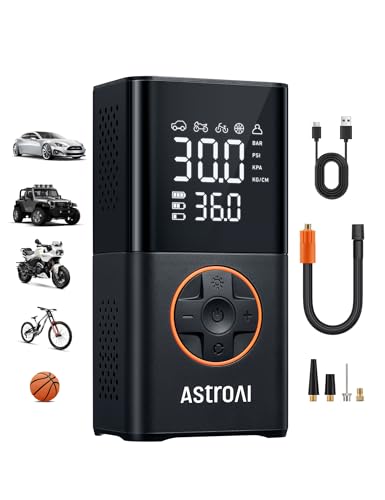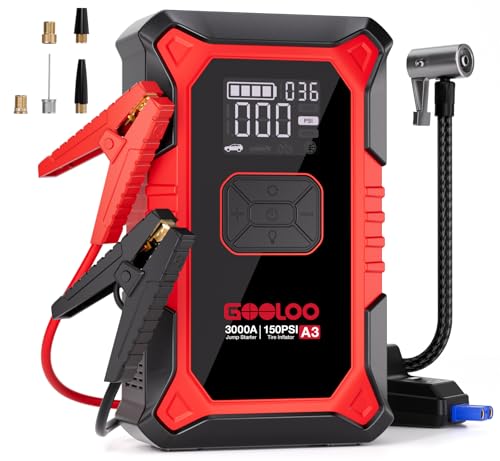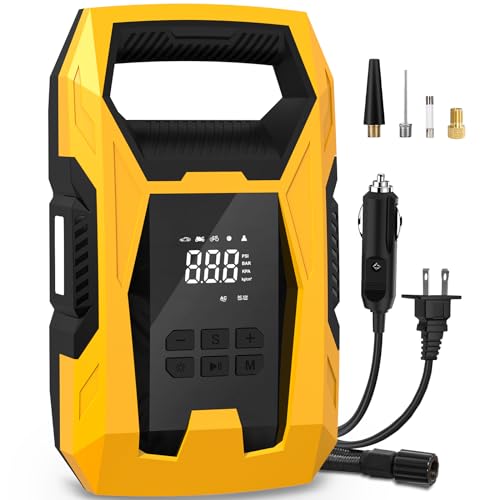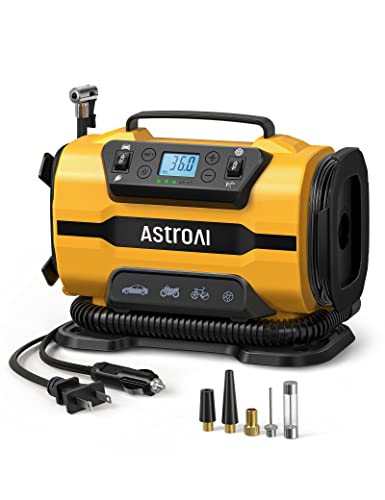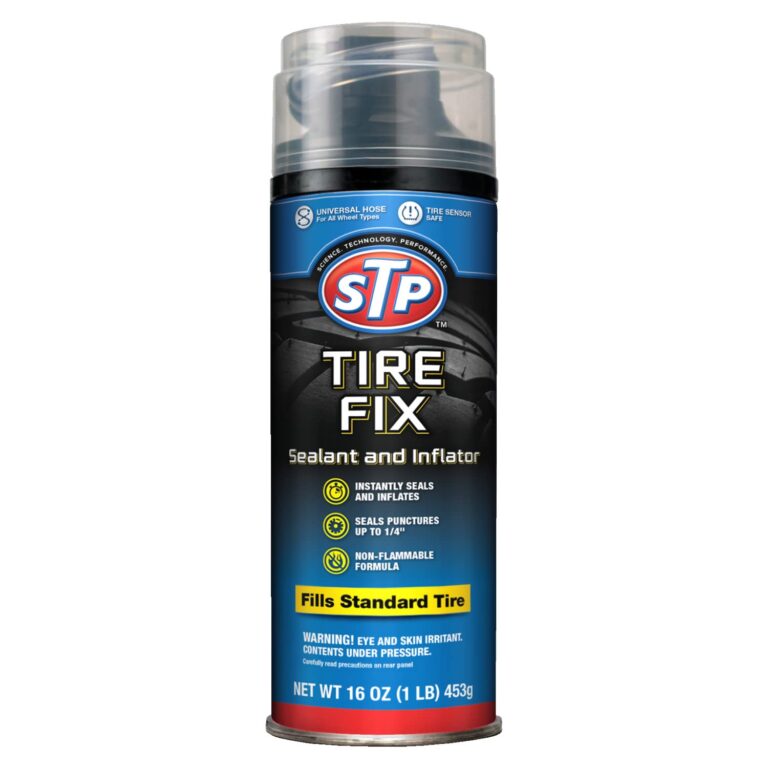How Does Tire Inflation Boost Your Car’s Fuel Efficiency?
Have you ever wondered how tire inflation affects gas mileage? Keeping your tires properly inflated is important for many reasons. Let’s dive into this topic and understand why tire inflation matters.
What is Tire Inflation?
Tire inflation refers to the amount of air pressure inside your tires. Each vehicle has a recommended pressure level. This level helps your tires perform at their best. If the pressure is too low or too high, it can cause problems.
Why is Proper Tire Inflation Important?
Proper tire inflation is crucial for several reasons:
- Safety: Well-inflated tires provide better traction.
- Fuel Efficiency: Correct pressure saves fuel.
- Tire Longevity: It increases the lifespan of your tires.
- Comfort: It provides a smoother ride.
How Tire Inflation Impacts Gas Mileage
Now, let’s explore how tire inflation affects gas mileage. When your tires are not properly inflated, it can lead to various issues.
Low Tire Pressure
Low tire pressure is one of the biggest culprits of poor gas mileage. When tires are under-inflated:
- The car has to work harder to move.
- This increases fuel consumption.
- It can reduce gas mileage by 10% or more.
High Tire Pressure
High tire pressure can also affect gas mileage. While it might seem beneficial, it can lead to:
- Reduced contact with the road.
- Less traction, making it harder to control the vehicle.
- Uneven tire wear, which can lead to dangerous blowouts.
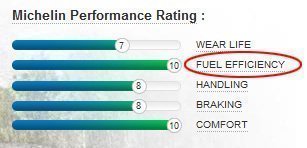
How to Check Tire Pressure
Checking tire pressure is simple. You can do it at home using a tire pressure gauge. Here’s how:
- Find the recommended pressure. Check your owner’s manual or the sticker on the driver’s door.
- Remove the valve cap from one tire.
- Press the gauge onto the valve stem.
- Read the pressure on the gauge.
- If needed, inflate or deflate the tire to match the recommended level.
When to Check Your Tire Pressure
It is best to check tire pressure regularly. Here are some tips:
- Check once a month.
- Inspect before long trips.
- Always check when the weather changes.
Benefits of Proper Tire Inflation
Maintaining proper tire inflation provides many benefits:
- Better Fuel Economy: Save money on gas.
- Increased Safety: Enjoy safer driving.
- Longer Tire Life: Reduce the need for new tires.
- Improved Comfort: Have a smoother ride.
Common Myths About Tire Inflation
Let’s debunk some common myths about tire inflation:
- Myth 1: Tires do not lose pressure over time.
- Myth 2: You can tell if a tire is low by looking.
- Myth 3: Higher pressure always means better mileage.
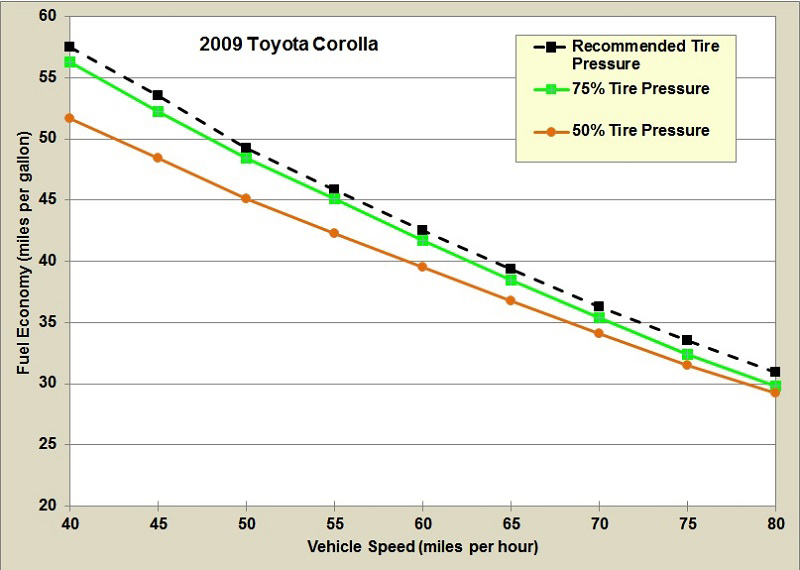
Frequently Asked Questions
How Does Tire Pressure Impact Fuel Efficiency?
Proper tire pressure improves fuel efficiency by reducing rolling resistance, allowing your vehicle to use less energy.
What Is The Ideal Tire Pressure For Gas Mileage?
The ideal tire pressure varies by vehicle, but typically ranges between 30-35 PSI for optimal gas mileage.
Can Under-inflated Tires Reduce Gas Mileage?
Yes, under-inflated tires increase rolling resistance, leading to decreased gas mileage and higher fuel costs.
How Often Should I Check Tire Pressure?
Check tire pressure at least once a month and before long trips to ensure optimal performance and fuel efficiency.
Conclusion
In summary, tire inflation plays a vital role in gas mileage. Properly inflated tires improve fuel efficiency and enhance safety. Regularly check your tire pressure. Doing so can save you money and ensure a smoother ride. Remember, a little effort goes a long way!
FAQs About Tire Inflation and Gas Mileage
1. How Much Can I Save On Gas With Proper Tire Inflation?
Proper inflation can improve gas mileage by 3-10%. This can lead to significant savings over time.
2. What Is The Ideal Tire Pressure For My Car?
The ideal tire pressure varies by vehicle. Check your owner’s manual or the sticker on your door.
3. Can I Overinflate My Tires?
Yes, overinflating can be dangerous. It leads to a rough ride and increases the risk of blowouts.
4. How Often Should I Check My Tire Pressure?
Check your tire pressure at least once a month, or before long trips.
5. Do Temperature Changes Affect Tire Pressure?
Yes, temperature changes can cause tire pressure to drop or rise. Check your tires in different weather.
Final Thoughts
Taking care of your tires is essential. Proper inflation not only affects gas mileage but also your safety. Make it a habit to check your tires regularly. By doing so, you will enjoy better fuel efficiency and a smoother ride!

